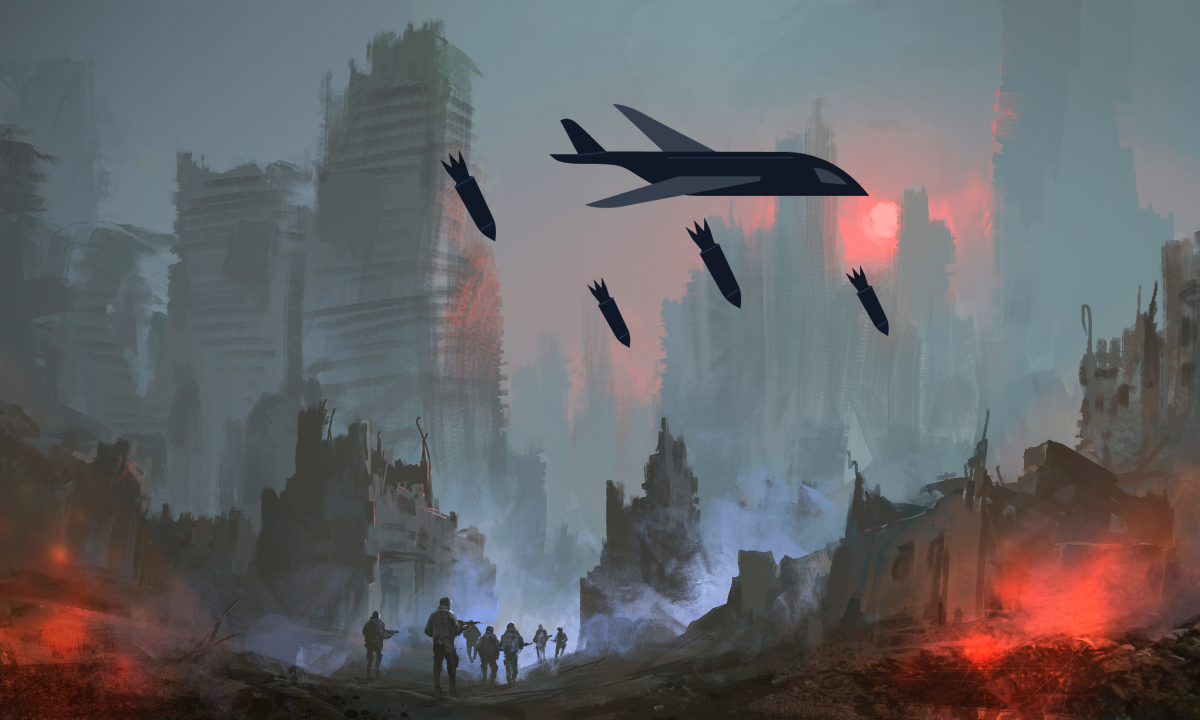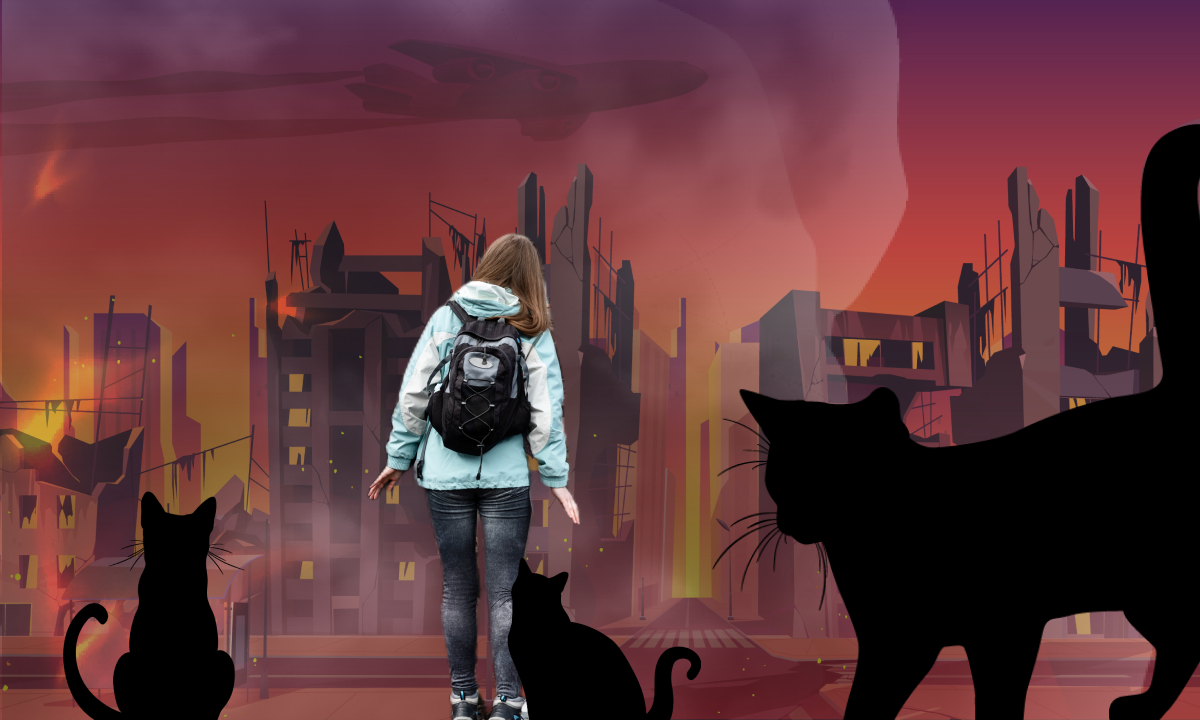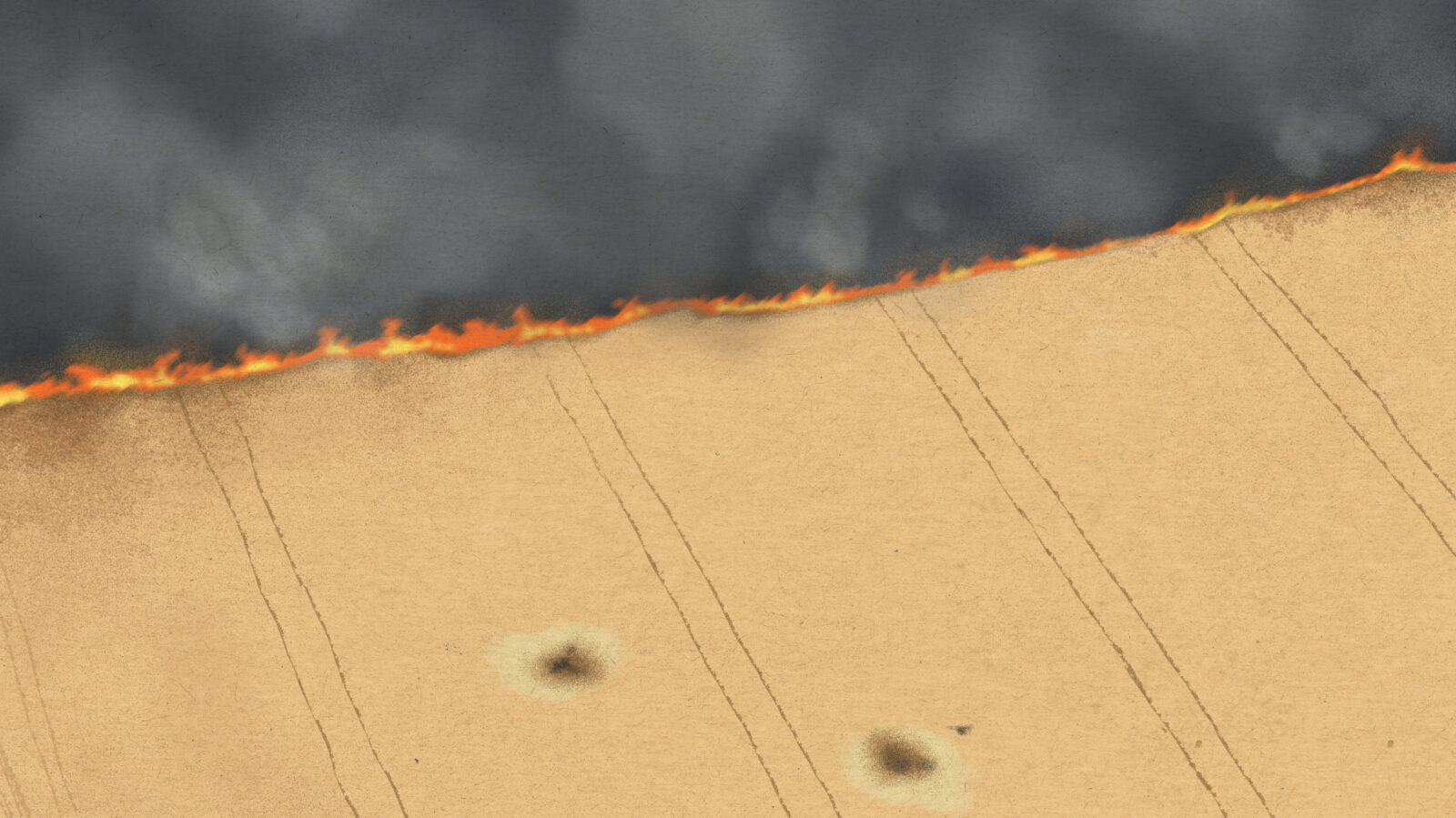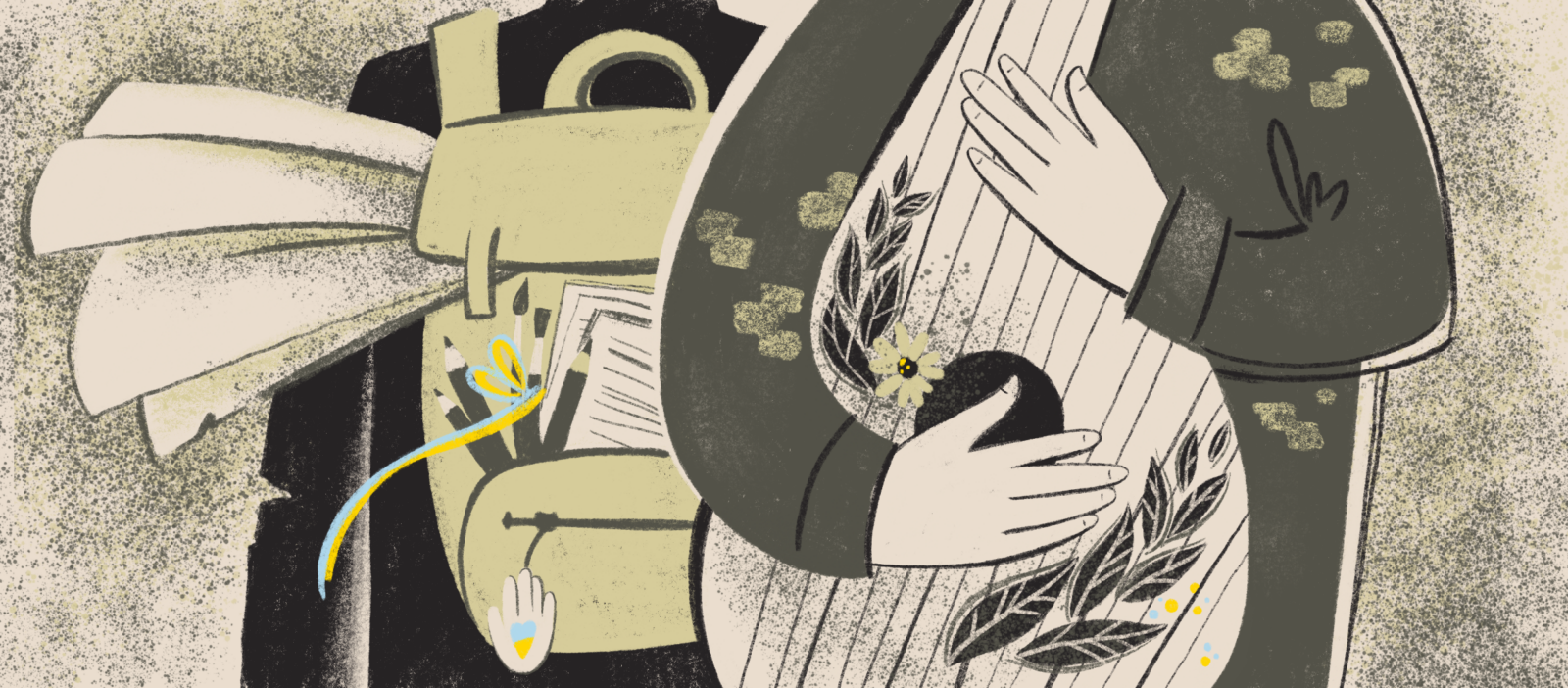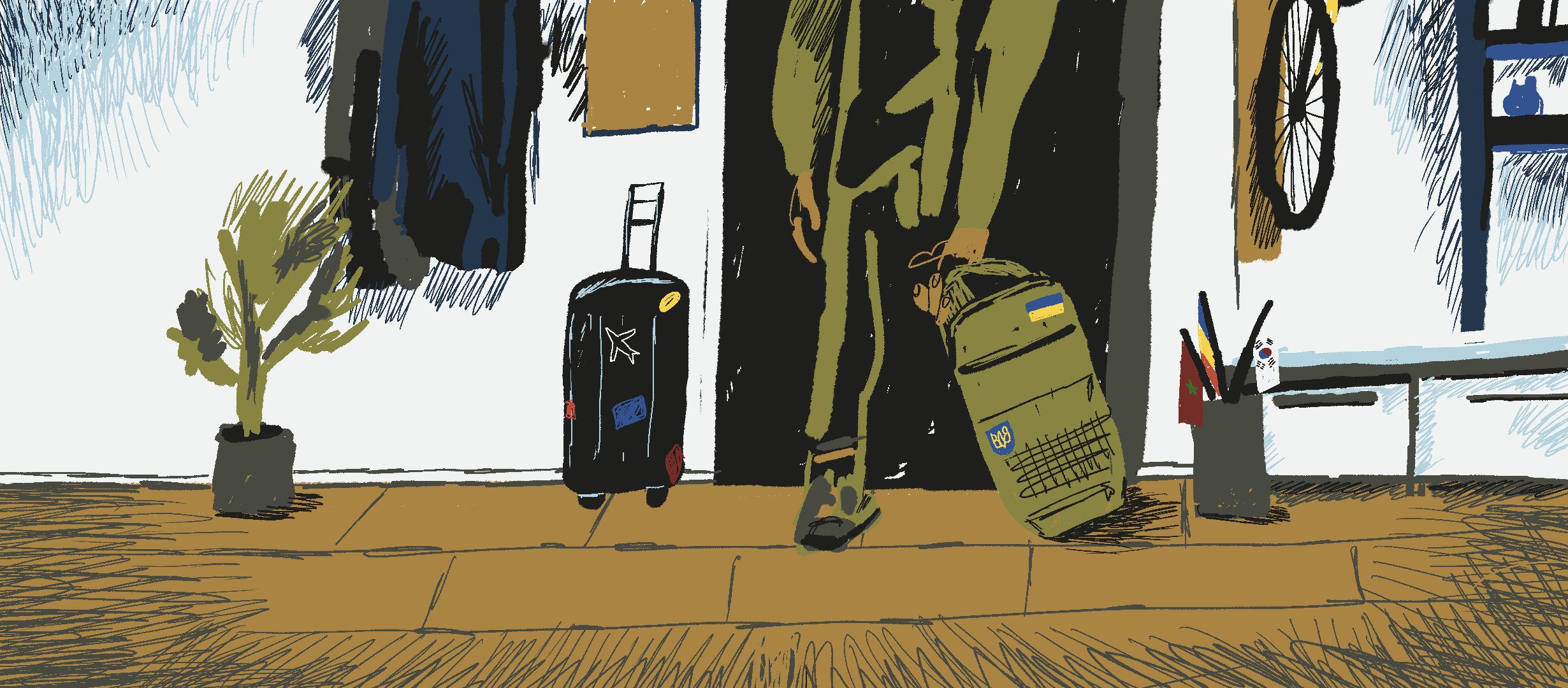A few days before the war, 27-year-old Li Biletska from Kherson bought two training courses abroad. She wanted to study blogging and photography. These courses go on without her. Now Li is not up to professional development. She stays in Kherson, a city temporarily occupied by Russians. Kherson has been occupied for seven days. Every day Li goes to pro-Ukrainian rallies, she can’t help but go. Either she leaves her 4-year-old daughter at home with her husband and goes, or he goes, and Li stays home with the kid. They act in such a way that only one of the spouses takes a risk at a time, so as not to leave their daughter without support.
“The first rally began with shooting into the air. It turned out that Russians tried to detain one of the participants, but the whole crowd defended him. I think that’s how we differ from Russia. We stand up for each other and stick together.”
In the first days of the war, an enemy fighter aircraft flew over Li’s house. “My husband and I heard a loud sound. We thought it was shelling and instinctively jumped on our daughter to have a chance to protect her at least somehow. It was extremely scary,” she recalls.
The house Li, her husband, and daughter live in is located in an area that is allegedly not affected. The main fighting takes place near the bridge and the entrance to the city.
However, on the first day, the occupiers shot dozens of civilians in the streets. It is unknown where they will shoot next time.
“In a residential area of Kherson, a Russian tank fired at an apartment building just for fun. It’s too scary because you can’t keep yourself safe at all. They can kill without reason, and there is no logic to it,” says Li.
Medicine and food are also not allowed into Kherson, so the city keeps to its reserves. There are several shops open, but the queues are long, and the shelves are almost empty.
“First you stand in a line, then you ask what you can buy. Just like in the USSR. People have stocks of cereals, pasta, and the simplest food, but no one knows how long they will have to live on it. We skimp on food because it is unknown when Kherson will run out of it and how long it will last,” says Li.
The locals do not want to join Russia, so they go to mass pro-Ukrainian rallies. Li says that for Kherson this unity in support of Ukraine is unprecedented.
“In 2014, a hundred people gathered on our local Maidan at most. And yesterday, at the pro-Ukrainian rally, there were so many Kherson residents I could not even see everyone from where I was standing. Even at the risk to their lives, everyone came out to say out loud they did not need Russia. Nobody wants the so-called ‘liberation’ Russians are trying to impose on us.”
For now, it is impossible to leave Kherson. Russian troops do not let civilians out of the city. Li saw the video with a Kherson resident who tried to get his family out, but they fired at his car at a checkpoint. The locals have a vague hope for a “green corridor,” but it is also a risk. In other occupied cities, Russian troops have not kept their promises and started shelling civilians.
Li is afraid. Trying to leave the city is a roulette. If you are unlucky, the price will be too high.





